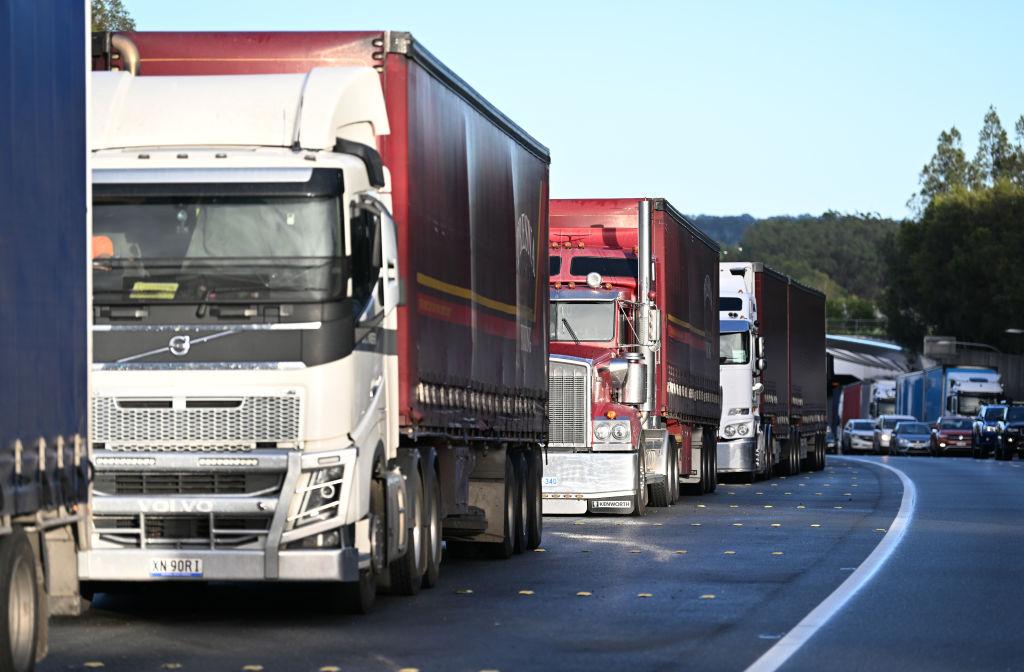Australia’s biggest petrol retailer has revealed plans to produce renewable diesel for heavy trucks as part of a two-month trial.
Ampol made the announcement on Sept. 22, revealing it would make biodiesel for construction firm Hanson Australia, with plans to assess whether it could be produced at the company’s Lytton refinery in future.





